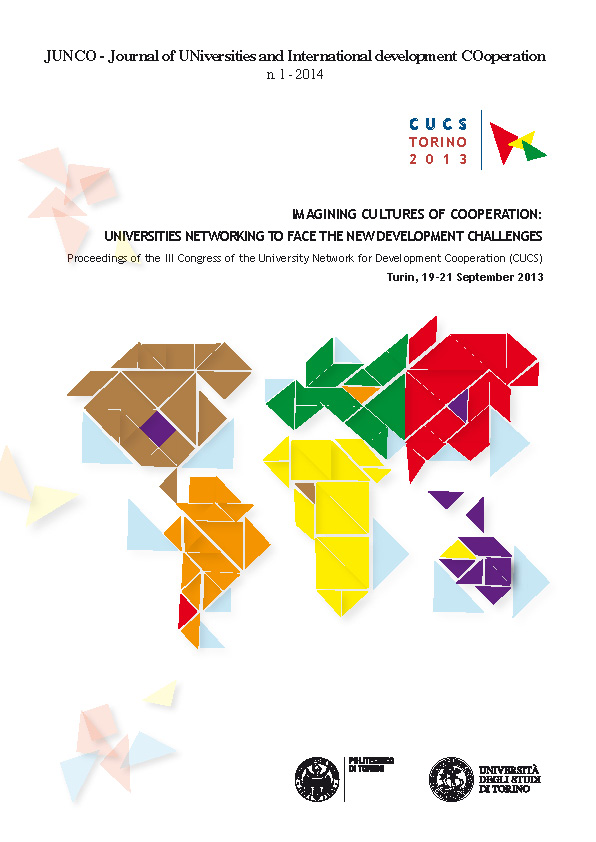BLURRING BOUNDARIES, RESHAPING TECHNOLOGIES, MERGING KNOW-HOWS: A REFLEXIVE APPROACH TO ICT4D IN DEVELOPING COUNTRIES
DOI:
https://doi.org/10.13135/2531-8772/599Abstract
Since the Millennium Development Goals first met digital media, initiatives harnessing ICTs to improve health services, empower civil society, enhance emergency response and increase the competitiveness of small producers have proliferated across the Global South. In particular, the widespread adoption of mobile telephony has been increasingly shaping aid policies and coalescing strategies of actors driven by diverse aims: Ngo’s cultivating innovation for social change, businesspeople reaping profits at the bottom of the pyramid, activists seeking greater political accountability and governments (sometime) willing to concede it, but in their own terms. The emphasis on the transformational potential of the ICTs often conceals tensions arising from the encounter of different ways of knowing and of acting and from the emergence of new socio-technical arrangements in which deep-seated dichotomies are challenged: profit/no-profit; surveillance/sousveillance; civil society/uncivil society; formal economy/informal economy. Processes of appropriation and reshaping of technological innovations problematize linear views of technology transfer based on the North-South axis and call upon academics to elaborate new frameworks and methodologies to grasp the ongoing transformations.



